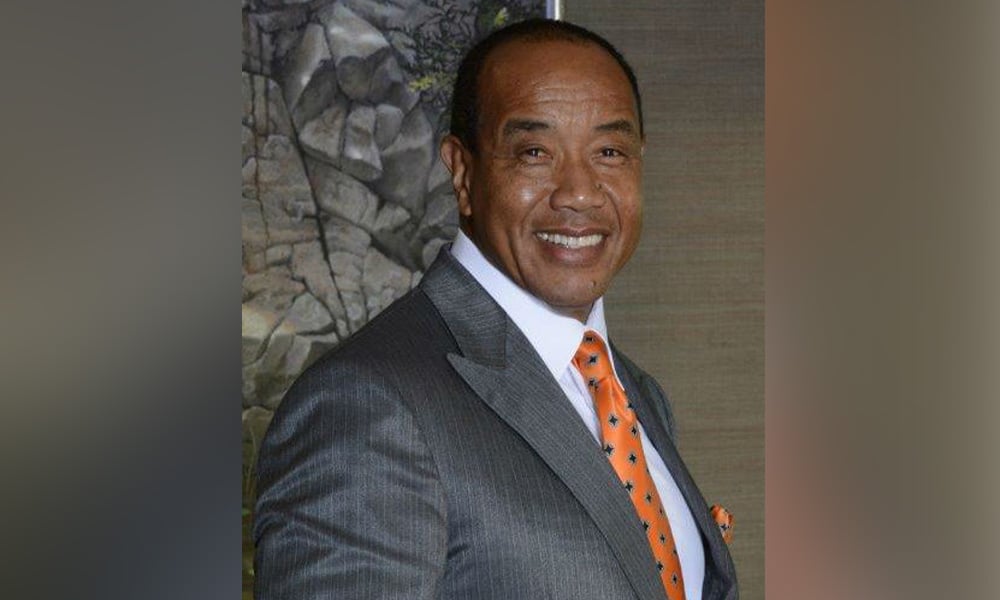Prosthetics and rehab, which have helped the man recover, form the basis for his claim’s rejection
.jpg)
Advances in medical technology have allowed many to recover glimmers of hope after seemingly irreparable injuries. But ironically, those same advances may end up hindering them from getting much-needed financial assistance – particularly from insurers who might deny disability claims.
Such was the case for Mitchell Murphy, who during his final year of university in 2011 fell from a height of nearly seven metres, according to the National Post. The accident left him comatose with a traumatic brain injury and spinal fracture. When he awoke in hospital a few weeks later, he was paralyzed from the waist down.
Wanting to walk again, he started on a rehabilitation regime that has strengthened his legs somewhat. Today, he has slight feeling and function in his upper right leg, but none in his left. “Sometimes I can feel it twitch, but that’s pretty much the extent of it,” he said.
In his everyday life, he gets around with a wheelchair and a hand-controlled car. His home has also been refurnished to accommodate his condition. But he has not lost his drive to stand on his own two feet: he recently participated in an experimental trial for an exoskeleton that he said “looks like an Iron Man suit.” Unfortunately, he ended up breaking his left ankle in one session, not realizing he was injured until the next day when he returned with severe swelling.
According to Sivan Tumarkin, Murphy’s lawyer, doctors have diagnosed him as permanently paralyzed in both legs. “Since the Incident, Mitch does not have functional use of either lower extremity and is wheelchair dependent. He has been diagnosed as a paraplegic,” Tumarkin said. According to him, medical opinions and diagnoses of Murphy’s case meet the definition of “paraplegia” under his mother’s employee insurance policy, which should cover his claims.
The insurer, SSQ Insurance in Nova Scotia, paid his hospital bill, but rejected his claim for paralysis: the policy defines paraplegia as the “functional loss of use of both of his lower limbs,” which should be “total and irrecoverable.” The company said he has not proven that his paralysis was permanent. “[I] t is apparent that the Plaintiff is able to ambulate with the use of assistive devices and therefore the provision of ‘total and irrecoverable loss of use’ in accordance with the Policy has not been satisfied,” they said in a letter to him, adding that he “failed to mitigate his damages” by not following the medical advice and treatment prescribed to him.
Murphy appealed, sending them more medical information, only to be denied again. Murphy subsequently claimed that SSQ Insurance ignored his doctors’ opinions, performed biased assessments, did not reassess its claims in light of new information, and came to an unsupported conclusion that Murphy can functionally ambulate. He further claimed that the company “was looking for a way to discontinue Mitch’s benefits and took it.”
He is now suing the company for breach of contract, claiming payment for his denied benefits plus $250,000 in general damages from anxiety caused by the denial. He also demanded $5 million in aggravated damages for acting in bad faith.
Related stories:
Employee plan must cover pot prescription, rules human rights board
Ottawa facing court action over denied dental claim



